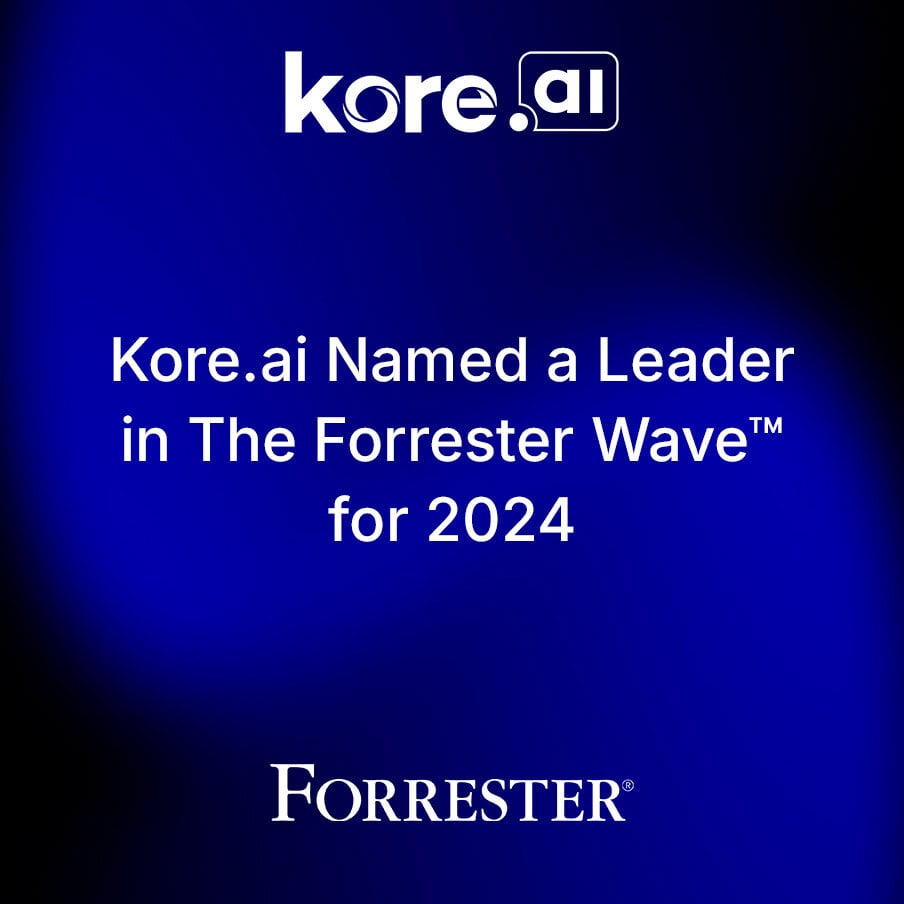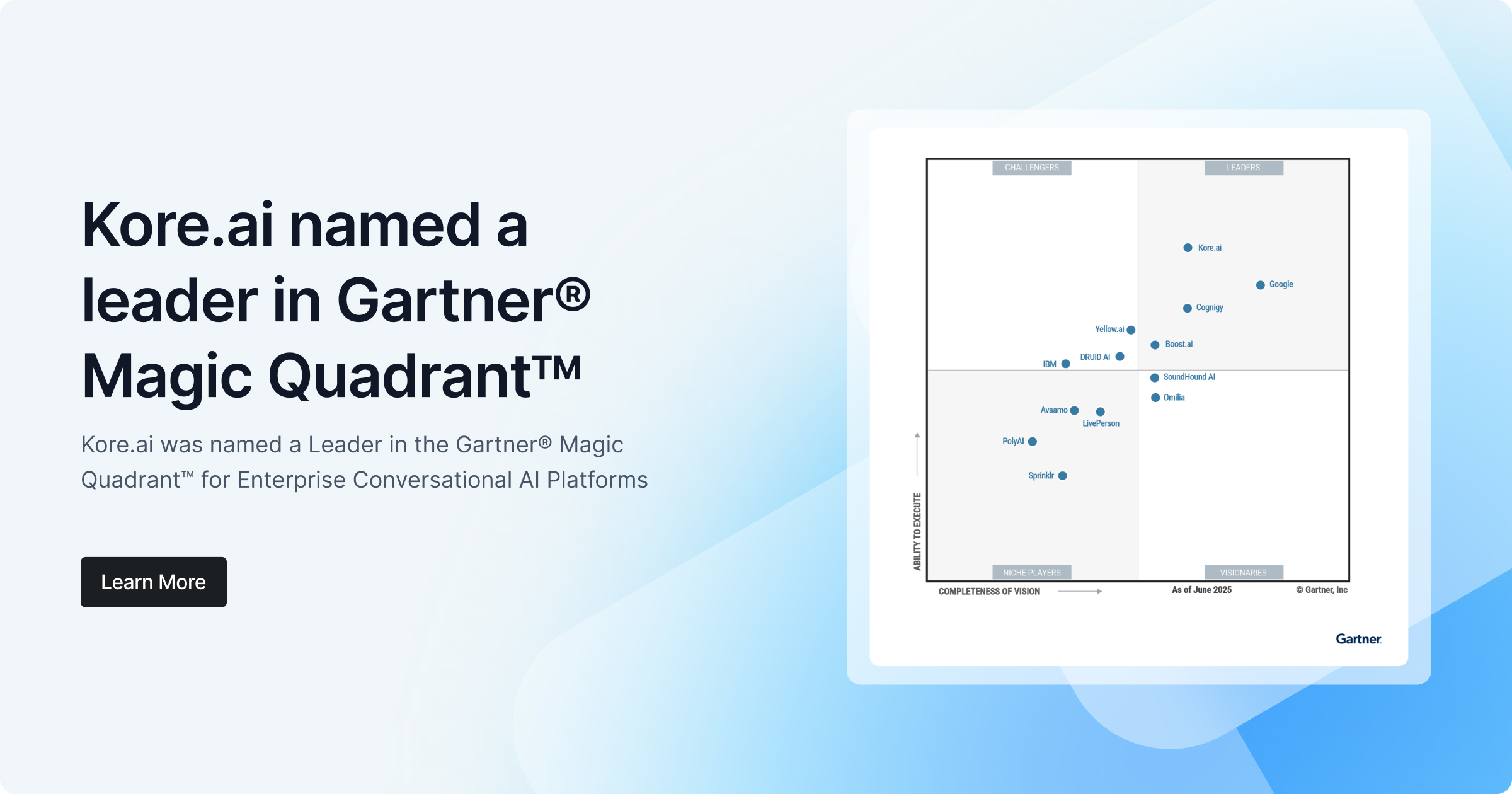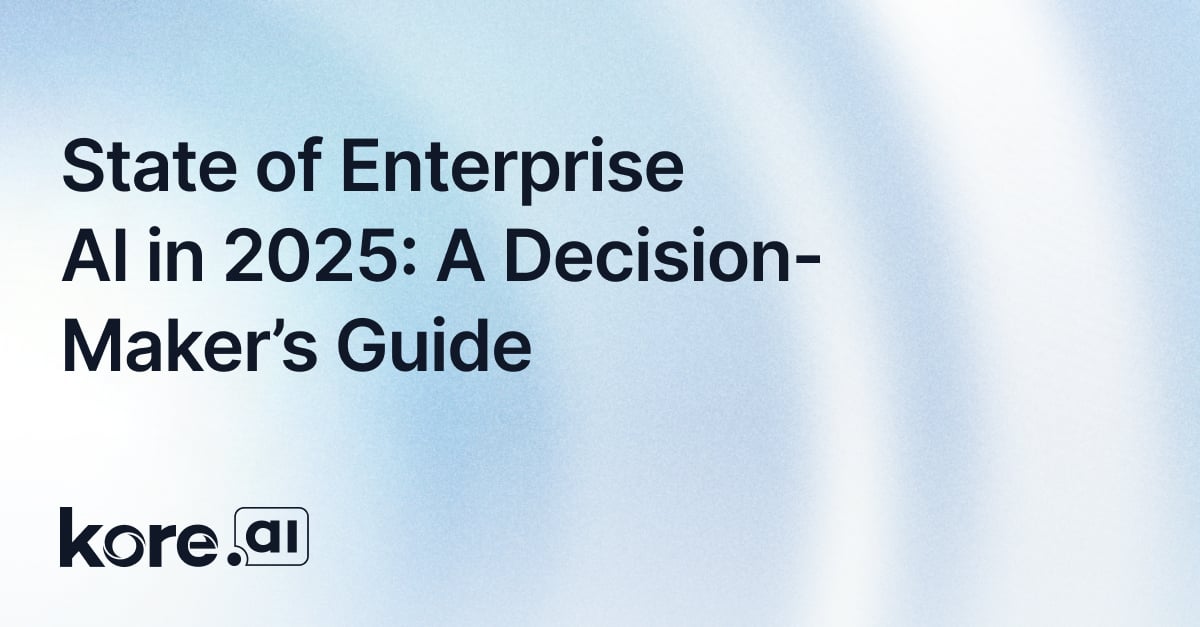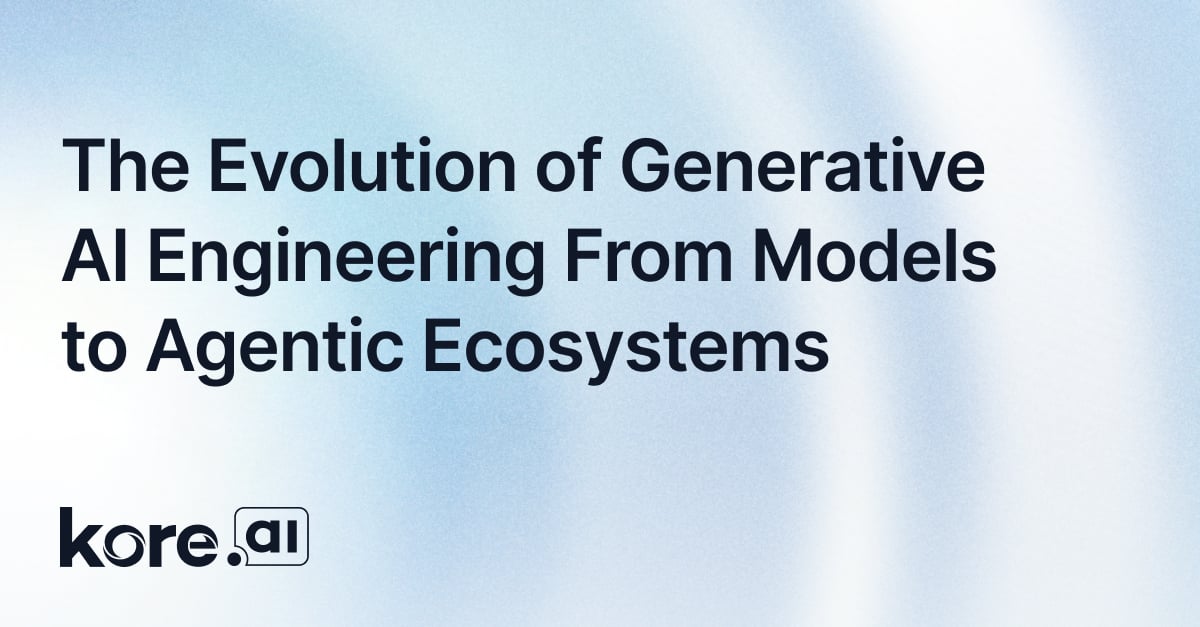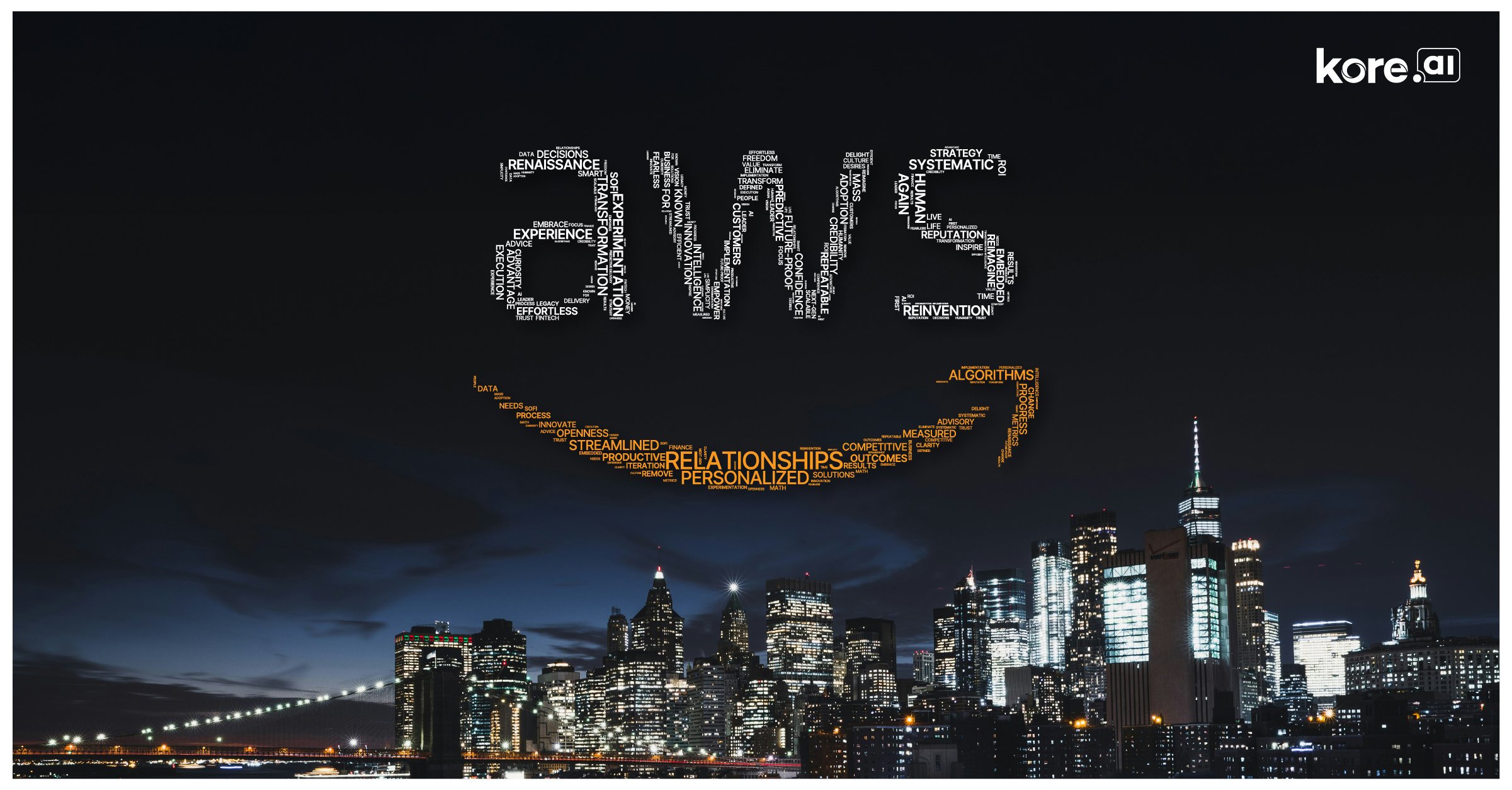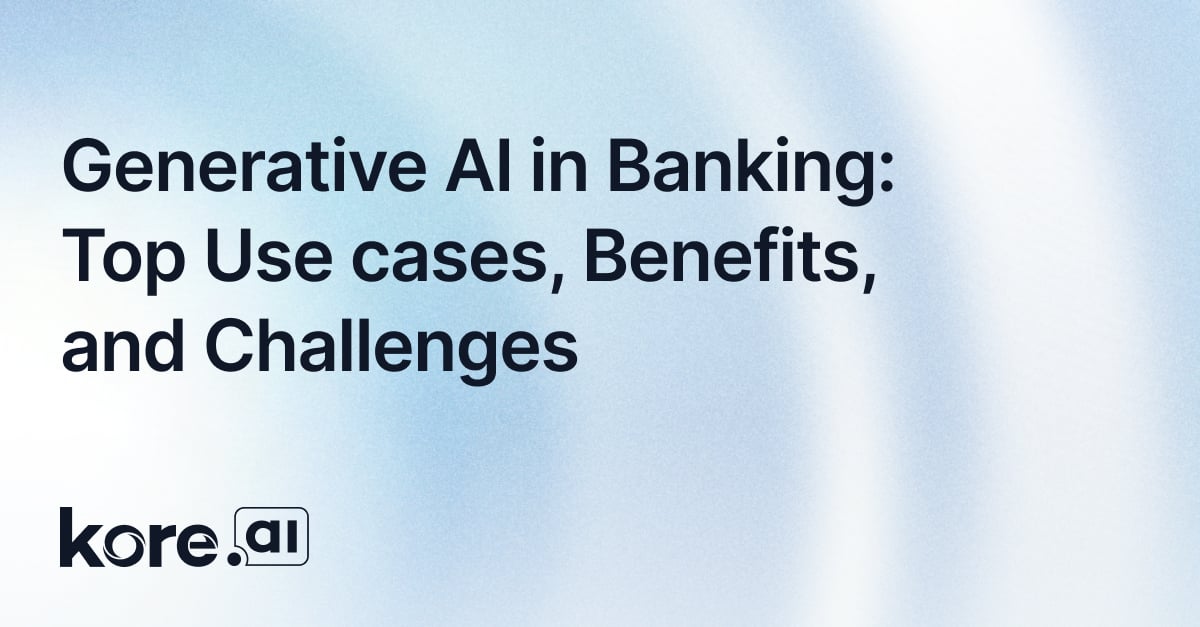Employee Experience Series
If you’re waiting to see how AI is changing the way we work, it already has. Just a quick search about AI in the workplace, and you can scroll through results of “Will AI steal my job?” and “fears of being obsolete” showcasing increased AI anxiety in the workplace. With situations like CEOs replacing 90% of support staff with AI-driven Chatbots or major companies like Samsung enforcing strict measures against employees due to a ChatGPT data leak, it's reasonable to feel a bit uneasy about the role of AI in our workplaces.
It begs the question, should we use AI in the workplace? A recent study from the American Staffing Association (ASA) highlights that one in three Americans are already using AI in their jobs. Which is a big change from how people felt about AI just a few years ago.
Generative AI, in particular, has some incredible benefits for the workplace that are worth exploring, like making traditionally difficult jobs easier and more pleasant for employees. For enterprises, generative AI could add the equivalent of $2.6 trillion to $4.4 trillion annually across 63 use cases.
With these questions in mind, we conducted an employee experience survey to better understand how AI and tech tools are affecting the way we work and how well we can do it. These findings, in the Kore.ai Employee Experience (EX) Benchmark Report, include direct user feedback to better understand employee satisfaction, increase productivity, and create better experiences, the right way.
The latest EX Benchmark Report can be a handy tool to uncover what matters the most to your employees. Want to skip ahead and dive into the report?
About the Report:
In partnership with 3Gem, a strategic insight specialist, Kore.ai has embarked on a mission to provide you with unparalleled insights. As part of an ongoing insight strategy, we have engaged 3Gemt to conduct a major national study in 2023, focusing on benchmarking, trackable data, and invaluable insights related to Employee Experience (EX).
Our custom-crafted online study involved surveying a diverse group of people conducted among 2,000 white collar office workers and consisted of people performing professional, desk, managerial, or administrative work. 1,000 respondents were in the UK and 1,000 respondents were in the US, all working in companies with 50 employees and above. The survey was conducted in April and May 2023.
The problem with the current use of workplace tech
Without a doubt, technology already has a major influence on our work habits. It controls how, where, and how fast we can work. From enabling remote work through global connectivity to facilitating seamless communication via advanced conferencing tools, tech innovations have transformed our everyday and professional lives. However, as new digital tools are continuously being introduced to help us at work, it raises a question: does this new advancement in tech make work more pleasant and efficient or is it causing stress and reducing job satisfaction?
Top Workplace Tech Problems:
Inundation of Workplace Apps
Right now, employees are using an average of 11 apps for communication and 9 for collaboration. Although each application is meant to add efficiency, it becomes overwhelming managing numerous platforms, along with the notifications and messages that it comes with, risking both productivity and personal wellbeing. The CEO of data intelligence firm Inpixon, Nadir Ali, is convinced that the current period necessitates a greater concentration on what he designates as 'platform singularity'. He follows this up by saying, "Having too many disparate applications and platforms can waste time, impede productivity and deliver a poor experience."
Outdated, Poorly Performing Programs
It’s not just the number of programs employees use but how well some of these, often outdated, applications perform. If these tools aren't easy to use, don't run properly, and don't deliver reliable performance, they can contribute to everyday annoyances for employees. We also found that the more specialized the tools - the lower they rated for performance. Almost half (48%) of respondents in the Employee Experience (EX) Benchmark Report, rated finance or ERP platforms as average, bad or very bad by these criteria, closely followed by HR, IT or legal support tools (45%)1.
Mundane and Over Complicated Work
The findings in the Kore.ai EX Benchmark Report indicate that these tools might not be making employees' lives easier as expected. A significant 71% of employees say their biggest priority is being challenged at work, yet an even higher percentage (76%) value productivity above all else.1 This highlights the importance of carefully selecting and implementing tech tools that not only facilitate challenging work but also promote efficient workflows.
Catering to a New Generation of Worker
The stakes are even higher when considering the expectations of the Gen Z workforce. This digitally native generation has high standards for workplace technology and are more likely to rank the tools they use as average or bad.1 On top of this, Gallup found that 68% of Gen Z and younger millennials report feeling stressed out most of the time at work. This only makes addressing more stimulating work as well as better and fewer work programs that much more important. To attract and retain this talent, businesses must ensure they offer cutting-edge, user-friendly tech tools that meet Gen Z's high expectations and reduce stress.
While the right tech tools can significantly contribute to job satisfaction, it's clear that they can also be a source of frustration if not well chosen or implemented. Employers must therefore strive to understand their employees' needs and preferences when it comes to tech tools in order to strike the right balance between challenge and productivity.
Understanding the Impact of AI in Today’s Workforce
In the end, it's not just about having the latest technology; it's about having the right technology that truly adds value to the employee experience, ultimately leading to a more engaged, satisfied, and productive workforce. This is where technologies like Generative and Conversational AI come in. Although concerns for AI in the workplace remain, with responsible and proper implementation, the benefits shine for both employees, customers and the businesses who integrate them.
Why is that?
AI technologies are maturing quickly and can have a multitude of benefits that ensures businesses stay on top of the market and ahead of the competition. Generative and Conversational AI eliminate the need for users to manage multiple applications and reduce the risk of application fatigue with a modern, simple platform. Instead of navigating numerous applications, employees can bypass the mundane, overcomplicated tasks by simply asking the AI-powered intelligent virtual assistant, and the always up-to-date AI handles the rest.
Employers have a challenging task ahead: balancing their employees' need for stimulating work with their desire for simplicity and manageability. While AI can solve these problems more quickly and accurately, it doesn't mean it will replace human expertise. Basically, if you’re worried about AI stealing your job, “Your job is (probably) safe from artificial intelligence,” to quote an article from the Economist.
It is estimated that half of today’s work activities could be automated between 2030 and 2060, with a midpoint in 2045. So what are you waiting for? Learn more about Generative and Conversational AI solutions and their impact on the workplace.
Read the Report Now!